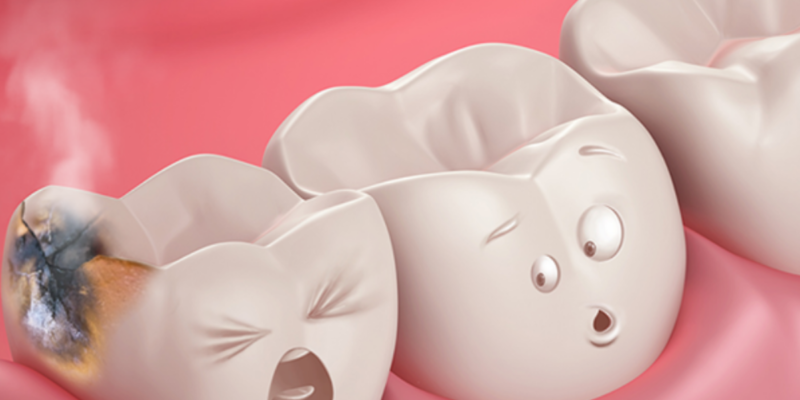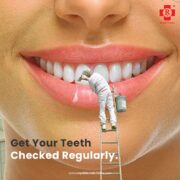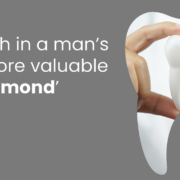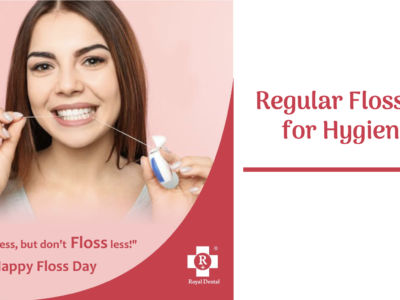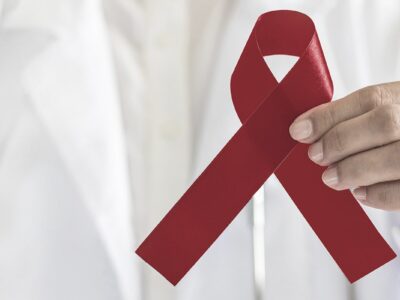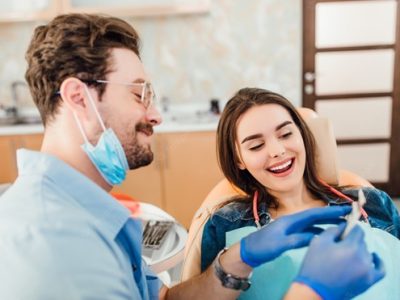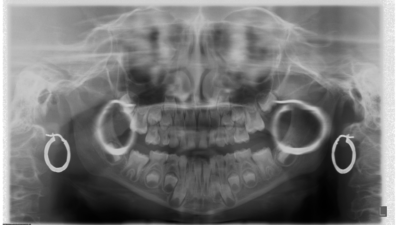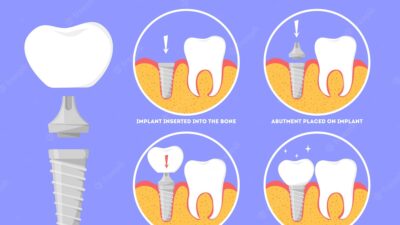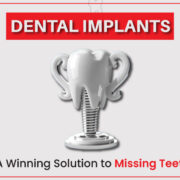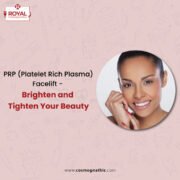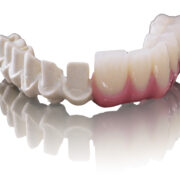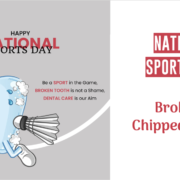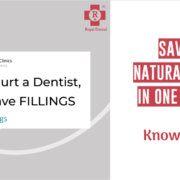Cavities – the dreaded word that sends shivers down the spine of many. But can a simple kiss actually transmit these pesky dental demons? The answer is a bit more nuanced than a simple yes or no.
While cavities themselves aren’t contagious, the bacteria that contribute to them can be. Our mouths are teeming with a diverse community of bacteria, some beneficial and some not so much. The culprits behind cavities are strains like Streptococcus mutans, which thrive on sugar and produce acids that eat away at tooth enamel.
What are Cavities?
Cavities, which are often referred to as dental caries, are regions of tooth decay that cause tiny cracks or holes in the enamel, the tooth’s outer coating. A complicated interaction of bacteria, carbohydrates, acidity, and oral hygiene practices leads to their development.
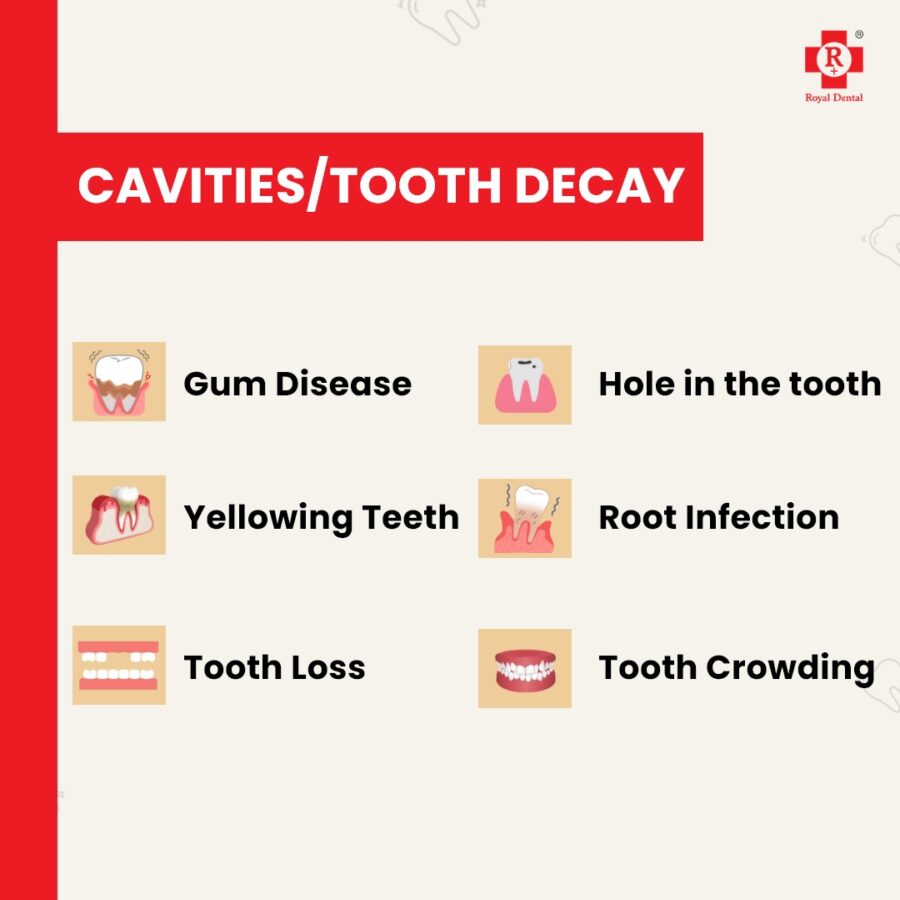
How do they form?
Bacteria, especially Streptococcus mutans, which are naturally present in the mouth, have a role in the formation of cavities. These bacteria feed on the residual particles from meals high in carbohydrates and starches, creating acids as a byproduct. These acids progressively erode the enamel over time, weakening its structure and leaving microscopic gaps that allow bacteria to enter the tooth more deeply.
Role of Bacteria, Sugar, and Acidity
Our diet’s carbohydrates and starches are converted into acids by bacteria, which is a crucial factor in cavity formation. Enamel is demineralized by these acids, especially lactic acid, which reduce pH levels in the mouth. Cavitation becomes more likely because of the demineralization process, which breaks down minerals in the enamel, like phosphate and calcium.
Importance of Dental Hygiene
Preventing cavities requires strict adherence to dental hygiene protocols. Plaque and food fragments can be removed from the teeth with regular use of fluoride toothpaste, which lowers the amount of bacteria present. Brushing and flossing work together to remove bacteria from the spaces between teeth and along the gum line.
Reduced consumption of acidic and sugary meals and drinks also lessens the availability of fuel for bacteria that cause cavities. Frequent dental examinations help identify cavities early and provide opportunities for prompt dental sealants or fluoride treatments to strengthen the tooth’s weakest spots.
The Science Behind Kissing and Cavities
Exploring the Transfer of Bacteria Through Kissing
A common way to show affection is to kiss. When saliva is exchanged, microorganisms, particularly those linked to cavity formation, can be present. When people kiss, they spread bacteria-containing saliva, like Streptococcus mutans, which is the main cause of cavities. Despite being natural, this bacterial interchange begs interesting issues regarding its possible effects on dental health and cavity development.
Dr. Chirag Chamria’s Insights on the Oral Microbiome
The varied community of bacteria living in the mouth, known as the oral microbiome, is explained in detail by dental health expert Dr. Chirag Chamria. He explains the ways in which diet, dental hygiene practices, and individual sensitivity impact the composition and equilibrium of bacteria in the oral cavity. His knowledge helps us comprehend the interactions between the oral microbiota during activities like kissing and how they affect the risk of cavities.
Research Studies on the Correlation Between Kissing and Cavities
The connection between kissing and cavity formation has been the subject of numerous studies. These studies look into things including the frequency and duration of kissing episodes, the oral hygiene practices of those involved, and the presence of bacteria that cause cavities in saliva.
Although results are not always consistent, they offer important information on the possibility of bacterial transmission through close contact and how it affects dental health outcomes, such as cavities. Researchers work hard to understand the nuances of this fascinating phenomenon and how it relates to preventive dentistry procedures.
Are Cavities Contagious?
In terms of oral health, contagious often refers to the ability of an infectious agent—such as bacteria or viruses—to spread through direct or indirect contact between individuals. Although some oral infections, such as those that cause periodontal disease or cold sores, can spread easily, the idea that cavities might spread raises interesting concerns about whether cavities are inherently contagious.
Transfer of cavity-causing bacteria, like Streptococcus mutans, from one person to another is what determines whether teeth cavities can spread. These bacteria’s saliva can spread more readily through close contact, kissing, and sharing utensils. Cavities themselves are not directly communicable, unlike viral infections, notwithstanding the possibility of this transfer. Rather, the development of cavities is contingent upon a number of factors, such as dietary habits, individual sensitivity, and dental hygiene practices.
Can You Really Get Cavities From Kissing?
Technically, cavities themselves aren’t contagious. Cavities are holes in your teeth caused by a breakdown of enamel, often due to sugar and acid erosion. However, the bacteria that contribute to this breakdown, like Streptococcus mutans, can be shared through saliva.
Dr. Chirag Chamria’s Professional Stance on the Topic
Using his knowledge of dentistry, Dr. Chirag Chamria provides an authoritative viewpoint on the subject at hand. The development of cavities depends on a number of factors, including individual sensitivity, oral hygiene habits, and general dental health, he notes, even though kissing might transmit cavity-causing bacteria into the oral cavity. Dr. Chamria, a seasoned practitioner, emphasizes the significance of context in determining cavity risk and supports evidence-based methods for oral health education and prevention.
Differentiating Between Cavity-Causing Bacteria and Harmless Bacteria
It’s critical to distinguish between the good bacteria found in the oral microbiome and the bacteria that cause cavities, like Streptococcus mutans. Innocent bacteria help preserve dental health by supporting immune system function and assisting in digestion, whereas cavity-causing bacteria can contribute to enamel erosion and cavity formation under the right circumstances. Recognizing this distinction highlights the intricacy of the oral environment and emphasizes the necessity of maintaining beneficial microbial communities while targeting dangerous bacteria in a balanced dental hygiene regimen.
Factors Influencing Cavity Transmission
Oral Hygiene Practices of Individuals
- The effectiveness of oral hygiene practices, such as brushing, flossing, and using mouthwash, directly influences cavity transmission.
- Individuals with poor oral hygiene habits are more likely to harbor cavity-causing bacteria in their mouths.
- Inadequate removal of plaque and food debris provides an ideal environment for bacteria to thrive, increasing the risk of cavity formation.
- Dr. Chamria stresses the importance of thorough and consistent oral hygiene routines to minimize cavity risk.
Diet and Its Impact on Oral Health
- Oral health is greatly impacted by dietary decisions, especially the use of sugary and acidic foods and beverages.
- Carbohydrates and sugars from food and beverages can nourish bacteria that cause cavities, triggering acid production and enamel degradation.
- Acidic foods and beverages have the direct effect of weakening tooth enamel, increasing the risk of cavities developing.
- In order to preserve dental health, Dr. Chamria counsels patients to consume fewer sugary and acidic foods and to choose cavity-friendly alternatives.
Frequency and Duration of Kissing Sessions
Cavity transmission may also be impacted by the number and length of kissing sessions. Long-term or frequent kissing may promote the spread of bacteria that cause cavities in the mouth through saliva. Nevertheless, a number of variables, including the dental health of the parties involved, the existence of preventive factors like saliva flow and buffering capacity, and adherence to recommended oral hygiene procedures, affect the overall risk of cavity transmission through kissing.
Conclusion
We’ve learned a lot about oral health and intimacy from our investigation into cavities and kissing. Even though kissing can spread cavities, maintaining good oral hygiene and receiving regular dental care should be your top priorities. The knowledge of Dr. Chirag Chamria emphasizes the value of taking preventative actions to avoid cavities and keep your teeth healthy. To protect our smiles and relish the delights of kissing with confidence, let’s embrace oral health awareness, develop attentive behaviors, and ask Dr. Chamria for tailored recommendations.
All rights reserved by Royal Dental Implants Pvt Ltd., issued in the public interest

